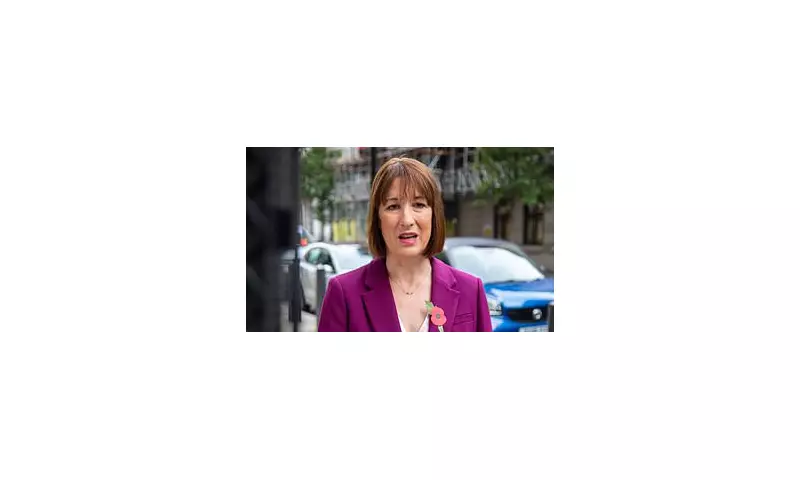
In a move that's sparking heated debate across Westminster, Chancellor Rachel Reeves is preparing to unleash a significant tax increase on the gambling industry while simultaneously maintaining the contentious two-child benefit cap.
Gambling Sector Braces for Financial Hit
Whitehall insiders reveal that Treasury officials are actively developing plans to substantially raise the levy imposed on betting companies. This strategic manoeuvre aims to generate additional revenue for public services while addressing growing concerns about gambling-related harm.
The proposed increases could see betting firms facing their largest tax burden in years, with industry analysts warning that the costs may ultimately be passed on to consumers through reduced odds or enhanced promotion restrictions.
Benefit Cap Controversy Deepens
Meanwhile, the Chancellor has firmly shut down speculation about scrapping the two-child limit on benefits, despite mounting pressure from backbench MPs and anti-poverty campaigners. The policy, which restricts child tax credits and Universal Credit to the first two children in most households, affects approximately 1.5 million children across the UK.
"This represents a delicate balancing act for the Treasury," noted one senior government source. "While we're targeting what many see as 'sin taxes' on the gambling industry, we're maintaining fiscal discipline on welfare spending."
Political Fallout and Industry Reaction
The dual approach has drawn mixed reactions:
- Anti-gambling campaigners have welcomed the proposed levy increase as a positive step toward addressing addiction issues
- Betting industry representatives warn of potential job losses and reduced horseracing funding
- Child poverty advocates express deep disappointment at the maintained benefit cap
- Fiscal hawks applaud the government's commitment to budgetary responsibility
The gambling tax announcement is expected to form part of the government's broader fiscal strategy, with detailed proposals likely to emerge during the Autumn Statement. Treasury analysis suggests the increased levy could raise hundreds of millions annually, providing crucial funding for public services without directly impacting most household budgets.
As the political battle lines form, all eyes remain on how this delicate balancing act between revenue generation and social policy will play out in the coming months.






